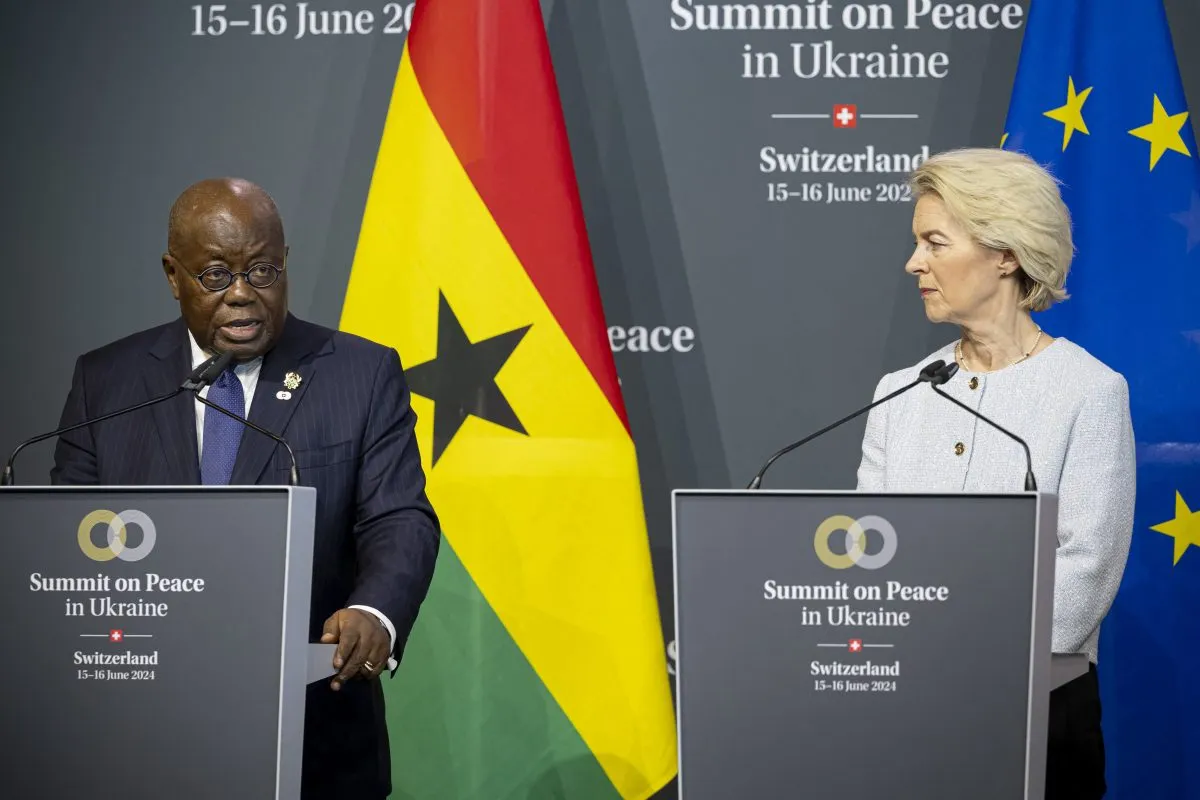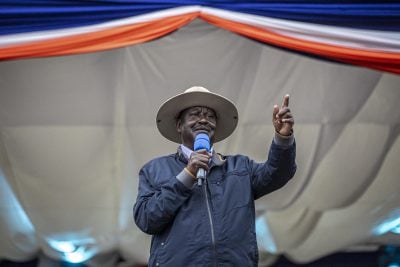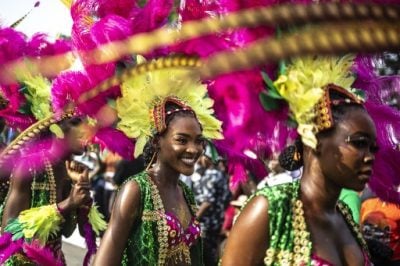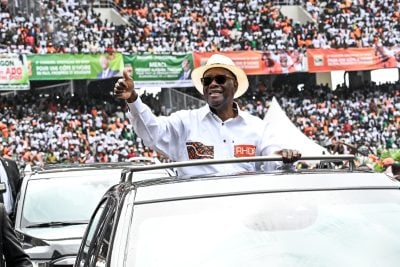Ghana President Nana Akufo-Addo said that the consequences of Russia’s invasion of Ukraine “go far beyond the confines of Europe” and condemned Moscow’s “bullying” and “acts of aggression” in unusually frank criticism for an African leader.
“The consequences of the invasion go far beyond the confines of Europe. Indeed, in many ways, Africa has been the greatest victim,” he said.
Speaking at the Ukraine peace summit in Switzerland, the president called on Russia and China to join peace talks, “if we’re ever going to arrive at a definitive settlement”.
Ghana opposes “great power hegemony and the bullying of small states by big powers. It is in this context that we view and continue to view Russia’s invasion and acts of aggression,” he said.
The president said that the invasion had impacted food security in many smaller countries. Africa is a net food importer, and has been impacted by the rise in global food prices caused by the war, according to the UN. The conflict has impacted exports from the Black Sea region, a major source of global grain, and led to increased prices for foodstuffs from other sources.
Eighty-two countries and organisations signed the meeting’s final joint communiqué on June 16, which called for the securing of Ukrainian nuclear sites, the free flow of agricultural exports from Ukraine, and prisoner exchanges between Ukraine and Russia.
Over 100 countries and organisations were present at the summit, but Russia was not invited. Countries that did not sign the communique include India, Armenia, Saudi Arabia, Libya, Indonesia, Bahrain, Colombia, South Africa, Thailand, Mexico, and the United Arab Emirates.
Conflicting views in Africa
Since the outset of the crisis, some African countries have refused to condemn Russia as the aggressor. In response, Ukraine’s government has launched an ambitious African charm offensive. It has promised more grain and investment for Africa, the opening of new embassies on the continent, and a historic first visit to Africa by President Volodymyr Zelensky.
In June 2023, an African peace initiative led by President Cyril Ramaphosa of South Africa alongside senior officials from Zambia, Senegal, Comoros, and Egypt, visited Kiev and Moscow, but failed to produce a breakthrough.
China’s absence
China did not send any representatives to Switzerland for the peace conference.
Zelensky called on the world’s second-largest economy to help in developing peace proposals, telling reporters that “China could help us” and explaining that Ukraine does not see China as an enemy, only Putin. Since the start of the war, sales of oil and other hydrocarbons to China and India have been Russia’s primary source of funding to continue the war effort.
On 31 May, a senior colonel from China voiced his opinion that “the eastward expansion of NATO has led to the Ukraine crisis,” in a long question to Lloyd Austin, US defence secretary at the Shangri-la dialogue in Singapore. Austin, in his response, said he “respectfully disagrees”.
Want to continue reading? Subscribe today.
You've read all your free articles for this month! Subscribe now to enjoy full access to our content.
Digital Monthly
£8.00 / month
Receive full unlimited access to our articles, opinions, podcasts and more.
Digital Yearly
£70.00 / year
Our best value offer - save £26 and gain access to all of our digital content for an entire year!
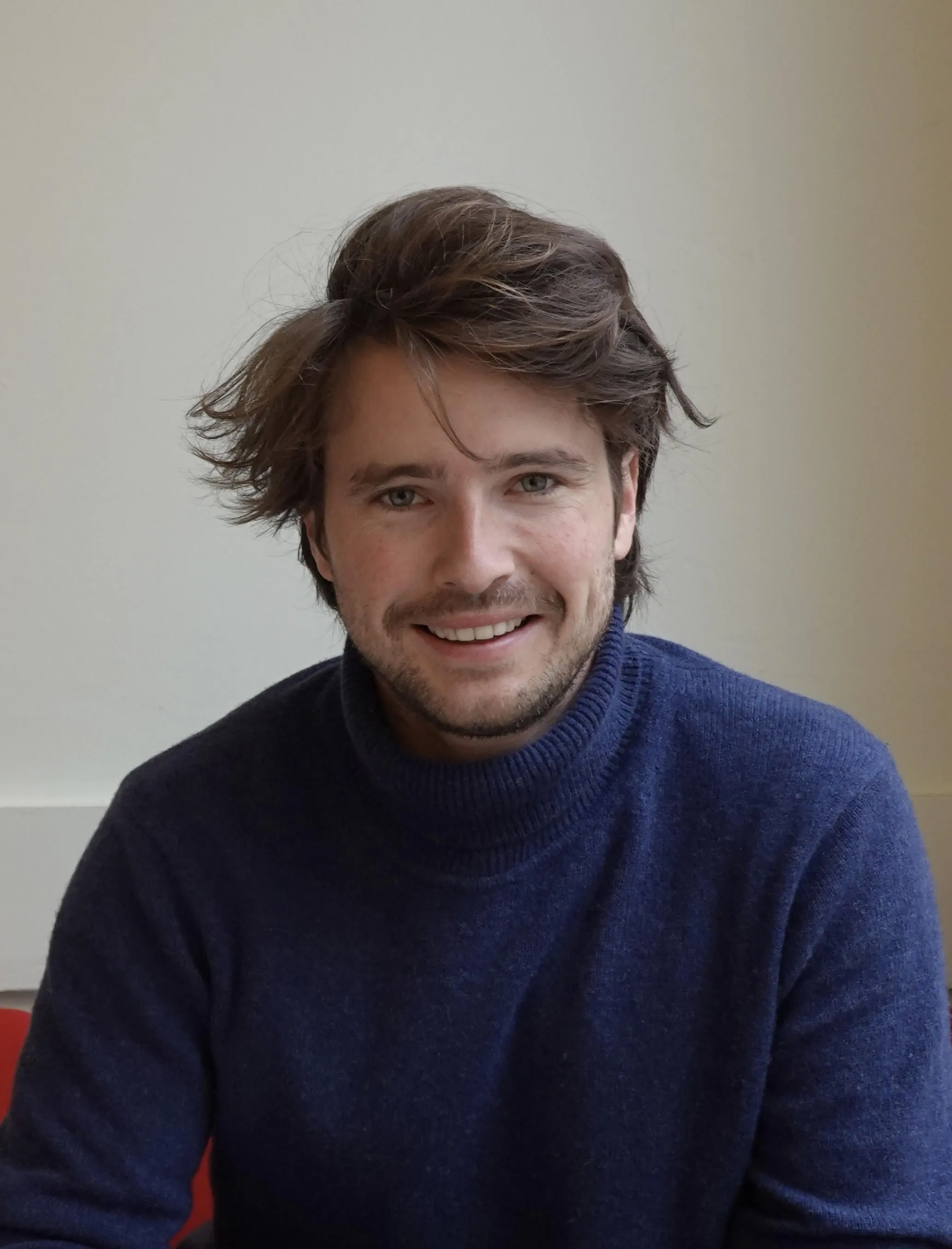
 Sign in with Google
Sign in with Google 